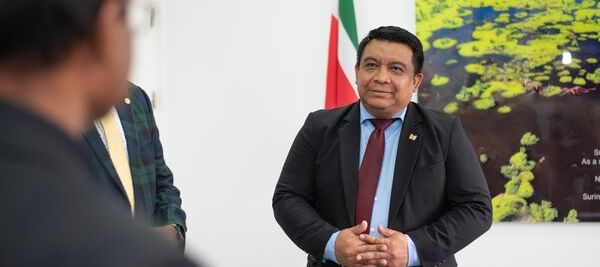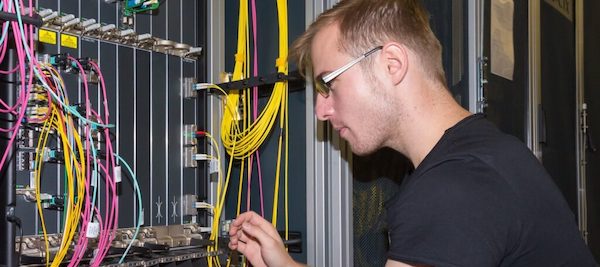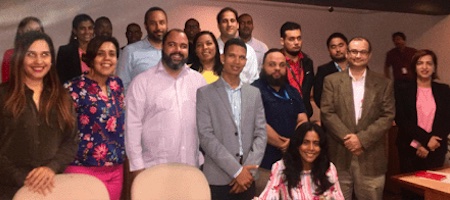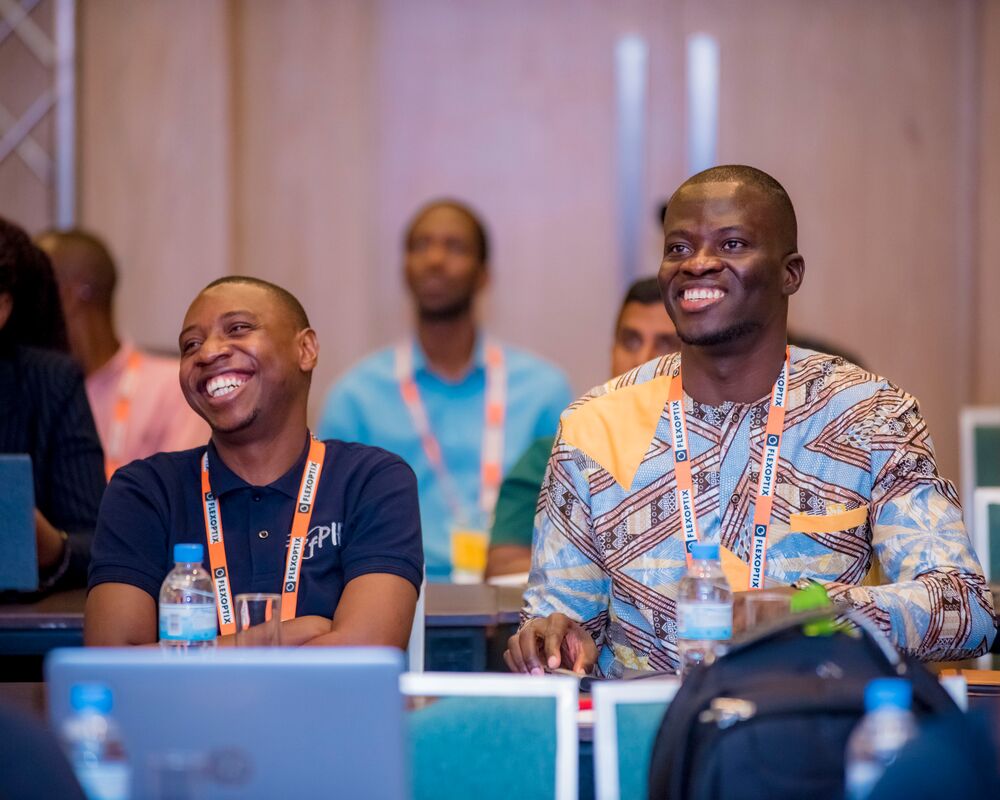The 50/50 Vision
for Internet Traffic
Working together to keep half of all traffic local in selected economies by 2025
It’s simple: the fastest route from Point A to Point B is a straight line. But what happens when Internet traffic starts at Point A and zigzags through faraway places before making it to Point B? Internet access is slower and costs more. This is the reality for many people who live in areas without sufficient Internet infrastructure.
Enter the 50/50 Vision—an ambitious plan to keep at least half of all Internet traffic in selected economies local by 2025. When we reach this goal, the people who need it most will have faster, stronger, and cheaper Internet access.
The Internet Society has been helping address connectivity gaps for many years, including building Internet exchange points (IXPs) to improve traffic flow and improve Internet service. IXPs create shorter, more direct routes for Internet traffic. They provide a more affordable alternative to sending local Internet traffic via international links, which can be an expensive business.
Now, we need to go even further.
To achieve this vision, we must advocate and partner with relevant stakeholders like policymakers, technical communities, and the Internet Society community.

For policymakers, we seek policies that:
- Encourage a thriving and open connectivity market and foster strong technical communities
- Streamline policy and regulatory processes to encourage regional and international entities to participate in the local interconnection environment
- Support increasing local traffic and content

For technical communities, we seek growing engagement between local stakeholders to:
- Actively support knowledge exchange
- Host open mailing and discussion lists
- Organize events and peering forums that share best practices and serve as a way to find peering partners
- Share this vision and contribute to ensuring at least 50 percent of local traffic remains local in their communities

Intertwined with these efforts, the Internet Society’s organization members, individual members, chapters, special internet groups, and partners play an integral role by:
- Taking training courses on the importance of IXPs and how to build and support them
- Defending peering and interconnection in their local communities
- Engaging with local IXPs to understand their impact on the local Internet ecosystem
How Do We Measure This Vision?
We’ve devised a methodology to understand where content is served from so that we can measure our progress toward the 50/50 Vision.
But measuring local versus non-local traffic levels is often not straightforward. Access providers are usually aware of the most-used services, but don’t delineate between local and non-local traffic, and the data they do collect is rarely shared publicly.
To map traffic flows, we’re using the data from two open-source tools, Open Observatory of Network Interference (OONI) and the RIPE NCC (the Regional Internet Registry for Europe, the Middle East and parts of Central Asia).
Our methodology quantifies the level at which Over The Top (OTT) services (video streaming, web surfing, social media, etc.) fetch their content from a local server/cache rather than externally (out of the country).
Read more about the methodology and how to deploy your own OONI or RIPE Atlas probe.
Join the 50/50 Movement!
This is an ambitious goal. We know it. And we can’t do it alone. We want you, your organization, your ISP, your technical community, and everyone else who can join us as we make our vision a reality.
Help us build a faster, more reliable Internet for everyone, by keeping the traffic that we exchange as close to home as possible.
Deploy an OONI or RIPE Atlas Probe. Attend a peering forum. Take our IXP course. Or reach out to us at [email protected] and let us know how you want to contribute.

Image copyright: © Nyani Quarmyne, © Randy Berghout, © DE-CIX, © Internet Society, © Lewis IHORINDEBA